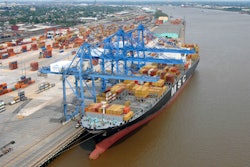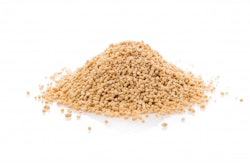
Brazil Raises 2018/19 Soybean Exports to Record 77.9 MMT
The Brazilian government’s agricultural and food statistics agency CONAB revised soybean supply and demand estimates for the 2018/2019 crop year.
The primary revision is focused on exports.
CONAB is raising the export figure to 77.9 million metric tonnes (MMT) from 70 MMT in December.
77.9 MMT of exports would be a new record and eclipse the former record in 17/18 when Brazil exported 76.1 MMT of soybeans.
Brazil is expected to produce a record large soybean crop this year.
FBN’s Take On What It Means: At FBN, we believe that the torrent pace of Brazilian exports have been supported by Chinese import tariffs on U.S. soybeans. We also look to the details of the Phase-1 trade agreement that is scheduled to be signed next week for more clarity about the future of US soybean exports. We believe that despite the language contained in the trade agreements, large Brazilian supplies have the ability to pressure global export prices which can be a negative for the U.S. farmer.
Indonesia Starts B40 Biodiesel Tests
Indonesia's energy ministry plans to start road tests for a biodiesel program that contains 40% biodiesel (B40) in April.
In 2019, Indonesia increased the mandatory bio-content of its biodiesel program to 30%, known as B30.
The move to B30 and eventually B40 are expected to increase consumption of palm oil, the primary feedstock to the fuel.
Indonesia is the world's largest palm oil producer.
Palm oil stocks have contracted by 26% in late 2019 and in to 2020 as production has fallen. Palm trees produce 2-3 fruit cycles per year.
FBN’s Take On What It Means: At FBN, we believe that increased domestic demand for Indonesian palm oil can be beneficial for U.S. soybean oil prices. Because palm oil is a primary ingredient in some U.S. prepared foods, the more oil that is consumed in Indonesia, the less supplies that are available inside the global markets. Less supplies can push prices higher which can force U.S food processor to seek alternatives like soybean oil.
The risk of trading futures, hedging, and speculating can be substantial. FBN BR LLC (NFA ID: 0508695)














